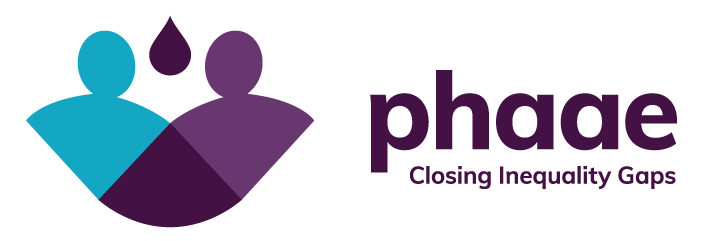Menstruation and Education
By Mugdha Gurram
Periods are a pain faced by over a quarter of the global population. But for students attending school, menstrual health management (MHM) presents a unique set of challenges. Approximately 1 in 10 girls in Africa miss school because of their periods each year, according to estimates from UNICEF. Dealing with a period is hard enough, but lack of resources, infrastructure, and stigma can make an already difficult situation nearly impossible.
1.Materials: Many girls and women in Nigeria lack access to proper sanitation materials (pads, tampons, etc.) when their period arrives. Caught between the need to keep it a secret and the lack of resources to clean themselves up, girls find themselves having to skip school to manage their period with discretion. This can cause them to miss around 60 days of school a year due to lack of resources, putting them at a disadvantage when it comes to their education.
2.Infrastructure: Managing a period requires more than a pad. It also requires access to bathrooms equipped with functioning toilets, running water, and soap that many girls can’t find in their schools. In a UNICEF study of 701 schools across Nigeria, only 15 percent had both water and sanitation facilities. Nationwide, a quarter of women in the nation lack the privacy necessary for MHM. Inadequate sanitation and water infrastructure is a problem for many children in school, but girls on their periods have no way to manage if there’s no way to clean up.
3.Education: One of the largest barriers to MHM in schools is behavioral, not material. The stigma that exists around menstruation and related topics does substantial harm to girls. Despite being a common reality of life for many students, there is very little open conversation on the matter. Efforts to ignore or cover up their existence leave girls confused as to how to properly manage them. Some Nigerian girls have reported never having learned about their period before getting them. Instead of learning about them in a safe and accurate manner, they are left with few options other than to turn to friends and older girls, who may not have the correct information themselves and therefore relay false information or superstitions that make it that much harder to properly handle their period.
Education plays a vital role in MHM, not only for girls, but also for the community as a whole. Boys who learn about menstruation are better at overcoming stigma and being more supportive of their female classmates. Part of the fear of attending school while menstruating is the fear of mockery or humiliation. Educating all students, not just those with periods, allows students to come to terms with what this process means. It creates a more welcoming environment for students who must manage periods when discretion does not have to be a higher priority than education.
PHAAE has been working to deconstruct these barriers through our programs working with young girls, their schools, and their communities. From menstrual hygiene lectures to Purity Kit distribution, our programs address behaviors and provided resources so that girls can focus on school. Check out our hygiene kits and other programs to learn more.
Sincerely Yours,
